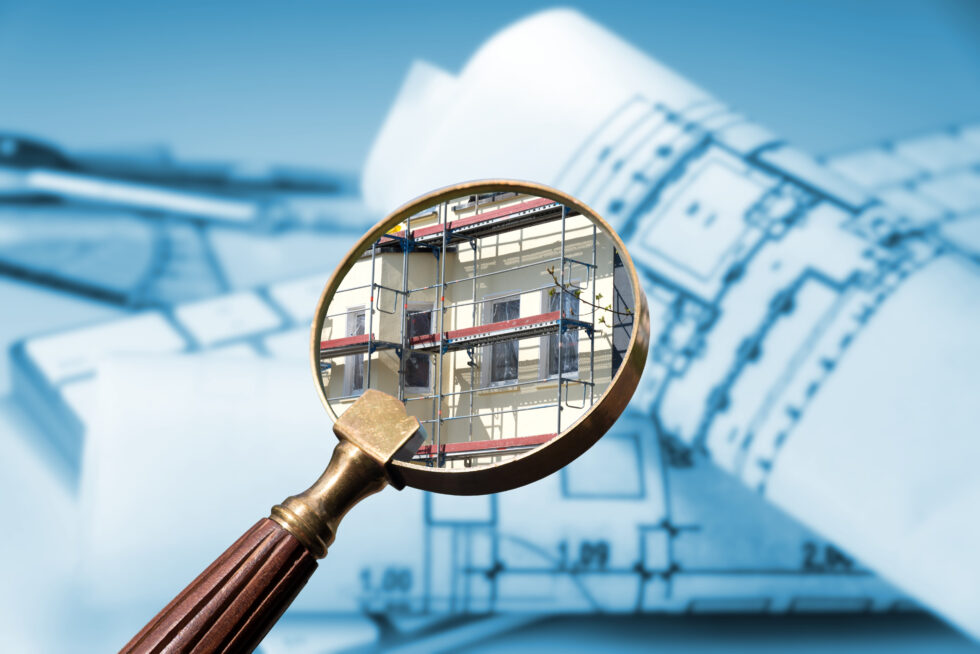Federal legislation was introduced earlier this week to provide condominium associations access to insured building rehabilitation loans—a move that would help board members make critical structural and safety-based condo repairs.
CAI supports the bill, the Rapid Financing for Critical Condo Repairs Act of 2022, which was introduced by Reps. Charlie Crist (D-Fla.) and Debbie Wasserman Schultz (D-Fla.). Under the proposal, the U.S. Department of Housing and Urban Development’s Federal Housing Administration would insure loans for building repairs.
“We support and greatly appreciate the continued efforts of Reps. Crist and Wasserman Schultz to provide resources for critical condominium safety repairs for Americans living in condominium communities,” says Thomas M. Skiba, CAE, CAI’s chief executive officer. “Giving these homeowners additional resources to safely maintain and fund necessary repairs is critical to this viable portion of the U.S. housing stock.”
Aging condominium buildings and infrastructure has been a growing concern over the past year, following the tragic partial building collapse at Champlain Towers South Condominium Association in Surfside, Fla.
The American Housing Survey estimates there are 7.4 million condominium units nationally. The demand for financial resources to make building repairs is likely to increase as states and localities follow the lead of Florida and enact structural safety inspection requirements and reform reserve requirements. Unlike reserve studies, a building structural inspection requires a site visit. CAI anticipates that many association boards will be faced with important decisions on how to proceed with unexpected repairs.
“The Champlain Towers condo collapse brought to light the serious flaws in how condo buildings are maintained and repaired—and we must do all we can to avoid another tragedy,” says Rep. Crist. “To save lives, associations should have access to financing as soon as a critical problem is found. As we saw in Surfside, waiting for special assessments to be collected can cause deadly delays. Our bill would provide an immediate financing option to begin repairs and keep residents safe and in their homes.”
Rep. Wasserman Schultz notes that homeowners can finance both the purchase of a house and its rehabilitation costs, but condominiums are not eligible for that financing.
“This commonsense legislation offers a solution to help condo owners and associations to obtain financing for needed repairs and ensure their buildings are safe,” she says. “I’m proud to work with Congressman Crist to cut red tape and help condo owners be secure in their homes and make it much easier to avoid the kind of tragedy we saw in Surfside.”
Association boards often finance unanticipated condo repairs with loans from private lenders. These loans tend to have short payment terms, ranging from 10 to 15 years and include prepayment penalties. Some association loans are structured so payments are made as if the loan has a longer term (e.g., payment amortized on 20- or 30-year schedule) but have a balloon payment due by year 10, which requires the association to refinance.
“Access to FHA-insured building rehabilitation loans will provide significant benefits to condominium associations whose buildings are in need of critical repairs,” says Don Plank of National Cooperative Bank, a lender specializing in condominium association loans.
Condominium association loans are collateralized with pledges of future association assessment income. As FHA’s mortgage insurance programs are collateralized by real property, the legislation authorizes the agency to insure condominium association loans collateralized by assessment income or real property or a combination of the two.
Under the legislation, FHA-insured condominium association loans may be used for the rehabilitation, alteration, repair, improvement, or replacement of a condominium project’s common systems, infrastructure, and facilities.
To protect FHA and the U.S. government against financial loss, the legislation allows FHA insurance for only 90% of the cost of condo repairs. This restriction operates in other FHA multifamily housing rehabilitation loan insurance programs.


